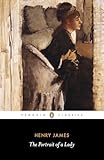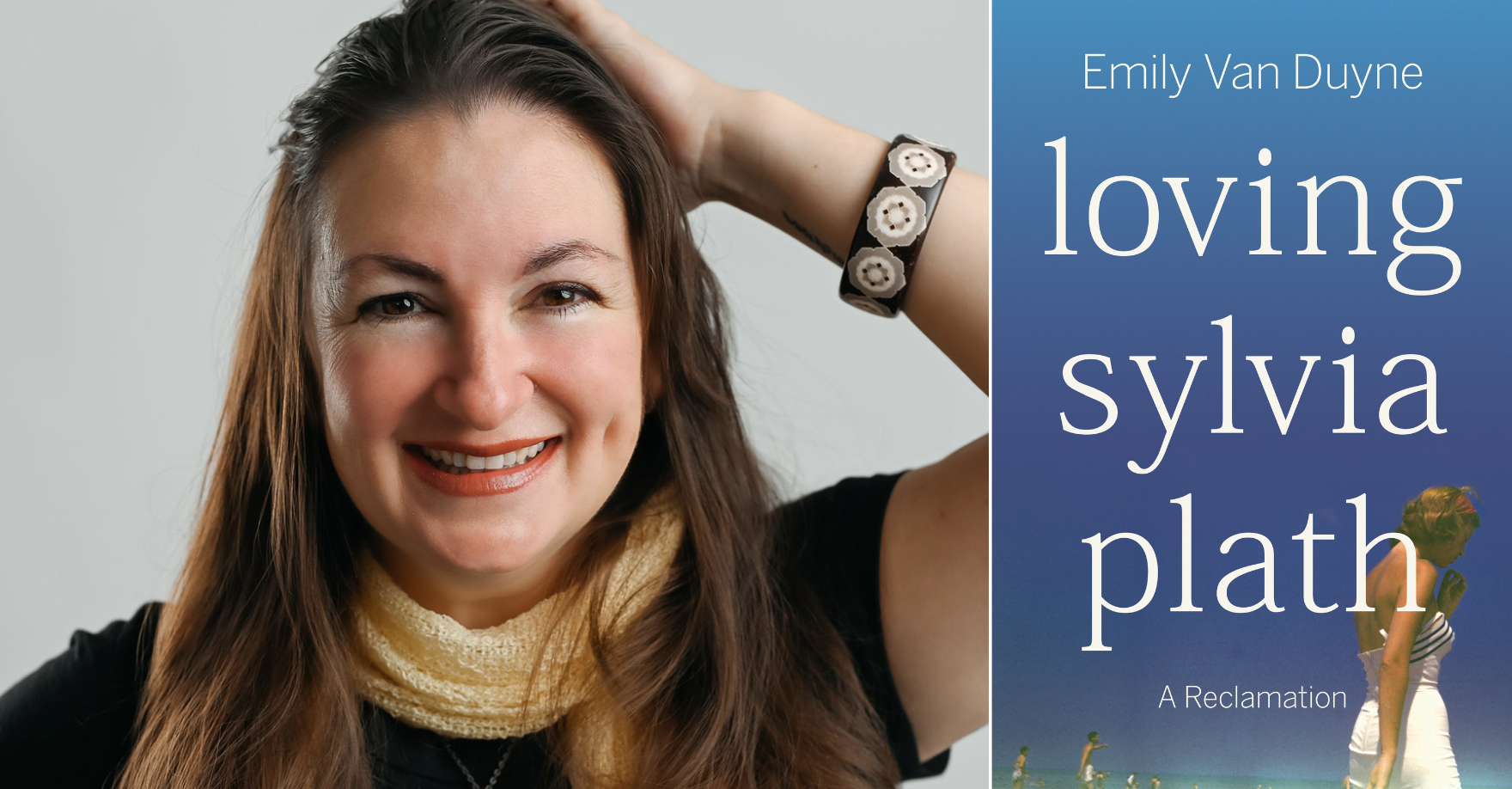A confession: I haven’t read much Henry James. I read Daisy Miller in college, along with a few of James’s better-known short stories. Later, maybe in grad school, I took a run at one of his novels, though I can’t say I remember which one, or really much else about it except that the sentences seemed to go on for days and I gave up after only a few pages. Reading James made me feel dumb, and while I recognize that feeling dumb is a necessary part of learning new things, there’s only so much time I’m willing to spend struggling to read a book that makes me feel like an idiot. As a consequence, I have lived a James-free existence for the last twenty years.
 Given that, I would have figured I would be the last person on earth to enjoy Colm Tóibín’s 2004 novel The Master, a fictionalized account of Henry James’s life from 1895 to 1899, which sounded to me like a highbrow Behind the Music-style wallow in the fields of Jamesiana. But I was wrong. While I’m sure a serious Henry James head would get more out of The Master than an ignoramus like me, I found myself both riveted and deeply moved by Tóibín’s novel despite, and perhaps even because of, my lack of knowledge about Tóibín’s subject.
Given that, I would have figured I would be the last person on earth to enjoy Colm Tóibín’s 2004 novel The Master, a fictionalized account of Henry James’s life from 1895 to 1899, which sounded to me like a highbrow Behind the Music-style wallow in the fields of Jamesiana. But I was wrong. While I’m sure a serious Henry James head would get more out of The Master than an ignoramus like me, I found myself both riveted and deeply moved by Tóibín’s novel despite, and perhaps even because of, my lack of knowledge about Tóibín’s subject.
For me, and for I suspect a lot of contemporary readers, Henry James is something of a blank slate, a cardboard cutout of a nineteenth century Dead White Male Author, essentially interchangeable with any number of DWMAs of the period, from William Dean Howells to Anthony Trollope, whose work I feel slightly embarrassed about not having read. Oddly, this turns out to be a perfect starting place for an author creating a fictional character. Because Tóibín is writing about a real historical figure whose significance is a given, he can skip all the boring expositional scenes that would persuade you that his main character is, despite his limitations, worthy of your interest.
But because he is writing fiction, Tóibín can also dispense with the narrative distance of biography and bring you directly inside that powerhouse of a mind as James tries to make emotional and moral sense of himself. That James fails, and ends the book unable to love anyone outside the pages of his own fiction is his tragedy, but the fact that you care about him anyway, that you spend more than 300 pages hoping James will break free from what Tóibín calls “the locked room of himself,” is Tóibín’s triumph. I have never cared so much about a character I liked so little.
One of the few things I knew about Henry James going in was that he is widely perceived as being the poster boy for the closeted gay Victorian, and because Tóibín is openly gay and because I have no imagination, I assumed The Master would drag poor Henry kicking and screaming out of the closet. Indeed, Tóibín’s James is powerfully attracted to men, and spends one deliciously ambiguous night cuddling naked in bed with a boyhood friend, the future Supreme Court Justice Oliver Wendell Holmes. But as masterfully as Tóibín handles James’s struggles to keep his homosexuality latent, the central relationships in the book are with women – first with James’s cousin Minny Temple, who died young, and later with fellow novelist Constance Fenimore Woolson, who committed suicide at least in part because James could not return her love for him.

 In these cases, we watch the usually imperious Henry James get positively tiddly with puppy love, and later, when these women need him, we watch in horror as he coldly cuts them off, leading, perhaps indirectly, perhaps not, to their deaths. Then, a bit ghoulishly, he begins to write them into his books. In Minny’s case, he calls her Daisy Miller and has her die in Rome. A few years later, he calls her Isabel Archer and marries her off to a caddish snob named Gilbert Osmond, with whom she lives unhappily in Italy. Tóibín writes:
In these cases, we watch the usually imperious Henry James get positively tiddly with puppy love, and later, when these women need him, we watch in horror as he coldly cuts them off, leading, perhaps indirectly, perhaps not, to their deaths. Then, a bit ghoulishly, he begins to write them into his books. In Minny’s case, he calls her Daisy Miller and has her die in Rome. A few years later, he calls her Isabel Archer and marries her off to a caddish snob named Gilbert Osmond, with whom she lives unhappily in Italy. Tóibín writes:
He wanted to take this penniless American girl and offer her a solid old universe in which to breathe. He gave her money, suitors, villas and palaces, new friends and new sensations. He had never felt as powerful and dutiful. … There were scenes he wrote in which, having imagined everything and set it down, he was, at moments, unsure whether it had genuinely happened or whether his imagined world had finally come to replace the real.
Thus, the problem for Tóibín’s Henry James is not that he is a closeted homosexual, or that he is incapable of feeling love. He feels love profoundly, for women and men alike, but he can’t act on it in any way that might compromise his freedom as an artist, and instead he pours out his love for them in his novels after they’re dead. That, in this case, his love for Minny Temple gave us The Portrait of a Lady may be enough for some. It isn’t for me. As much as I care about books, I think people matter more in the end.
But what makes The Master such a compelling read is that Tóibín has a subtler mind than I do and can see both sides of the question with equal sensitivity. He doesn’t shy away from the human destruction James leaves in his wake, but he also brings James alive on the page, not as a monster or emotional cripple, but as one of the great minds of his age expressing love the only way he knows how.








